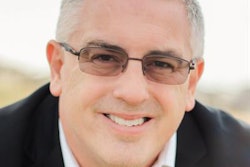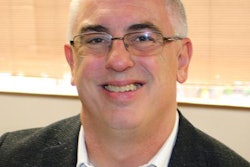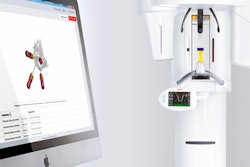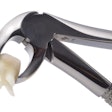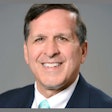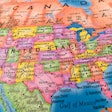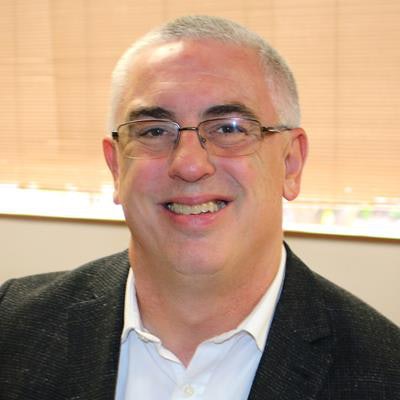
After traveling throughout South Africa for nearly two weeks and speaking to dentists and team members in many corners of this vast nation, one thing is clear: There is a passion here for helping patients achieve optimal oral health, just like there is among their colleagues in the U.S.
That includes the hygienist of the practice. While we refer to "dental hygienists" in the U.S., their preferred title in South Africa is "oral hygienists." The reason is simple: A change in their title gives them a wider responsibility.
 Kevin Henry.
Kevin Henry."We feel that we do not only look at teeth but are also concerned with the entire mouth," said Angelique Kearney, who works along with her dentist husband at a practice in Centurion, a city just outside of Pretoria.
Kearney, however, wouldn't have to work in a practice with a dentist if she didn't want to. Much like Colorado and other U.S. states, a qualified oral hygienist may open their own oral hygiene practice and work independently from a dentist or dental specialist. There are set rules and regulations to obtain this status, she said.
About 1,200 oral hygienists are registered with the Health Professions Council of South Africa. Hygienists complete a three-year degree at one of four universities, two of which are located in Pretoria, the legislative capital of the country. Another is in Johannesburg, and the fourth one is in the Cape Province, which includes Cape Town. That leaves much of the country without a hygiene school nearby and is one of the reasons why hygienists are often in demand.
More than half of the oral hygienists in South Africa belong to the Oral Hygienists Association of South Africa. This is a nonprofit voluntary association, Kearney explained.
"This association has a passion for our profession, its development, and networking as core beliefs," she said.
After talking to several dentists during study clubs from Johannesburg to Cape Town, many shared the same sentiments about their hygiene colleagues as dentists would share in the U.S. Dentists see them as partners in the business. They see them as a key source of revenue for their practice.
However, many are also wary if they are practicing on their own as to, as one dentist told me, "exactly what they're doing in there." Some dentists who spoke to me told me they were concerned that hygienists were doing more than was allowed by South African law.
That issue has caused many dentists in South Africa to work on their own and do their own hygiene. For those who do employ hygienists, it can also lead to a lack of understanding on how to use a hygienist properly in the practice.
Valued in practice?
Yes, that can lead to a lot of questions and dilemmas on how to use hygienists to the best of their abilities. Many dentists may view hygienists in a favorable light, but that doesn't mean that they are engaged with their patients as they should be, said Jeanne Oosthuysen, who earned her oral hygiene degree and research doctorate in biomedical technology, infection control, and prevention.
“There is a passion here for helping patients achieve optimal oral health.”
"Hygienists are not valued as much as they should be in the practice," said Oosthuysen, who is a senior lecturer in dental assisting at the Central University of Technology, Free State in Bloemfontein. "Many of the dental practitioners are doing their own prophylaxis. If you compare them spending five or 10 minutes with the patient compared to a hygienist who spends an hour on the same procedure, you can't compare it."
She also noted that oral hygienists are not being utilized as they should be. "Practices are not offering the preventive services that they should," Oosthuysen said. "Hygienists are not used to their full function, and I think that's the biggest challenge we are facing."
Another of the challenges faced by hygienists in South Africa is getting their patients to come back for scheduled appointments, similar to what happens in the U.S. Several hygienists told me the ability for South Africans to pay for their checkups and cleanings is one of the biggest reasons why people don't come back, as well as a lack of respect for the importance of the return visit. Certainly, oral health is viewed as important but, much like in the U.S., patients will often prioritize paying for other things rather than for oral health.
Technology also is an issue. As discussed in the previous column about the state of dentistry in South Africa, computers and practice management software are not always available in the practice. Neither are patient reminder systems. One hygienist told me she often sends two messages through WhatsApp and follows with at least two phone calls to try to confirm just one appointment.
Juggle all of that with some of the issues faced in the practice and you can see why the oral hygienist in South Africa often faces a daunting task with patient education.




